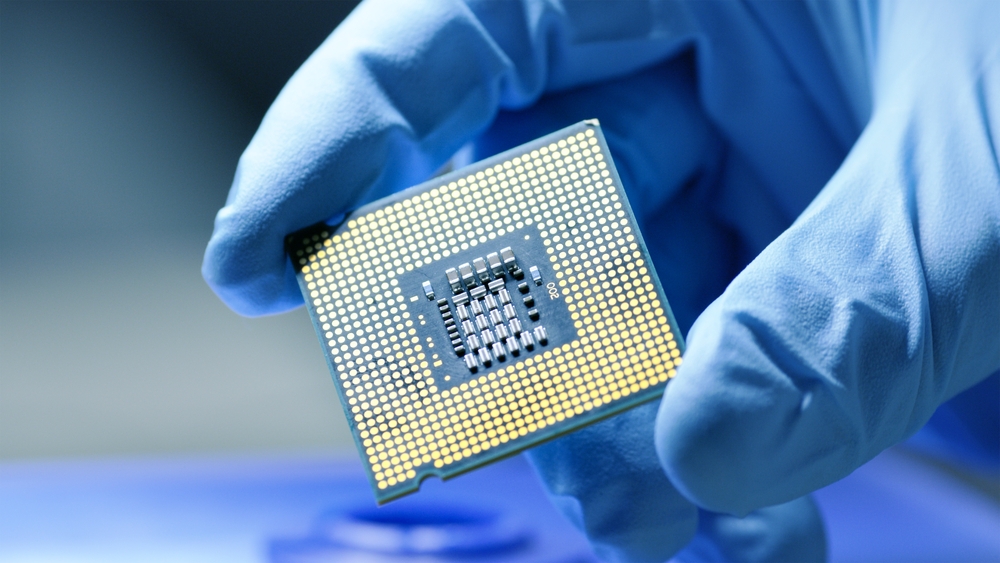As businesses increasingly rely on digital solutions, the semiconductor market is experiencing a surge, significantly impacting IT managed services.
The Semiconductor Market Surge
Recent reports indicate that the global semiconductor market is projected to exceed $1 trillion by 2030, fueled by rising demand for electronic devices, artificial intelligence (AI), and the Internet of Things (IoT).
With major players ramping up production capabilities and investing in research and development, the sector is poised for sustained growth.
Key companies, including TSMC, Intel, and Samsung, are leading the charge, with an emphasis on advanced manufacturing techniques and increased output.
Impact on IT Managed Services
Managed IT services, which include a range of offerings from network management to cloud solutions, are increasingly dependent on high-performance semiconductor technology.
As organizations migrate to cloud infrastructures and adopt AI-driven analytics, the need for powerful processing capabilities has never been greater.
Semiconductors are central to this evolution, enabling faster data processing, enhanced security features, and improved energy efficiency.
- Enhanced Performance: The latest chips are designed to handle large-scale data operations and complex algorithms, providing managed service providers (MSPs) with the tools needed to support their clients effectively. This allows businesses to leverage big data analytics, machine learning, and real-time monitoring to optimize their operations.
- Cost Efficiency: With advancements in semiconductor technology, MSPs can offer more cost-effective solutions. The integration of energy-efficient chips reduces operational costs, enabling companies to allocate resources to other strategic initiatives.
- Scalability and Flexibility: Modern semiconductor solutions allow IT managed services to scale operations seamlessly. This is particularly crucial for businesses experiencing rapid growth or those looking to expand their digital footprint.
- Security Advancements: As cybersecurity threats evolve, so do the security features embedded in semiconductor designs. Enhanced encryption and security protocols at the chip level provide an added layer of protection for sensitive data handled by managed services.
Challenges Ahead
Despite the promising outlook, the semiconductor industry faces several challenges, including supply chain disruptions and geopolitical tensions that could impact production and distribution.
The ongoing chip shortage has underscored the fragility of the supply chain, prompting many companies to reassess their sourcing strategies.
Moreover, as demand for chips continues to grow, environmental concerns surrounding semiconductor manufacturing processes are becoming more pronounced. The industry is under pressure to adopt sustainable practices to mitigate its ecological footprint.
Conclusion
As the semiconductor market continues to evolve, its integration into IT managed services is reshaping the way businesses operate.
With enhanced performance, cost efficiency, scalability, and security, semiconductors are becoming indispensable in the IT landscape.
As the industry navigates challenges and embraces innovation, the synergy between semiconductors and IT managed services will be critical in driving future technological advancements.
As we move forward, stakeholders across the tech ecosystem must collaborate to ensure a robust supply chain while prioritizing sustainability. The future of IT managed services will undoubtedly hinge on the continued evolution of semiconductor technology, promising a new era of efficiency and capability for businesses worldwide.As the semiconductor market continues to evolve, its integration into IT managed services is reshaping the way businesses operate.





























